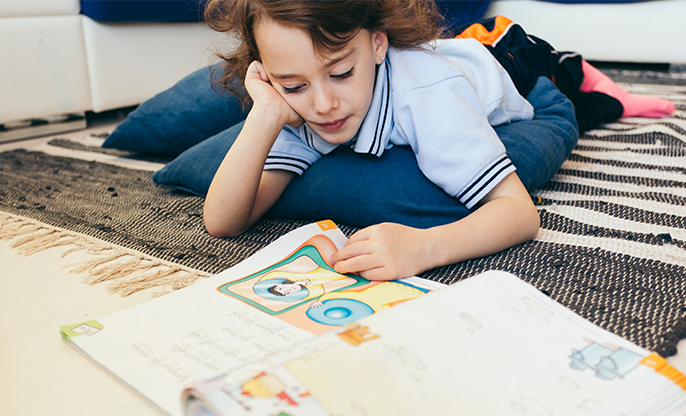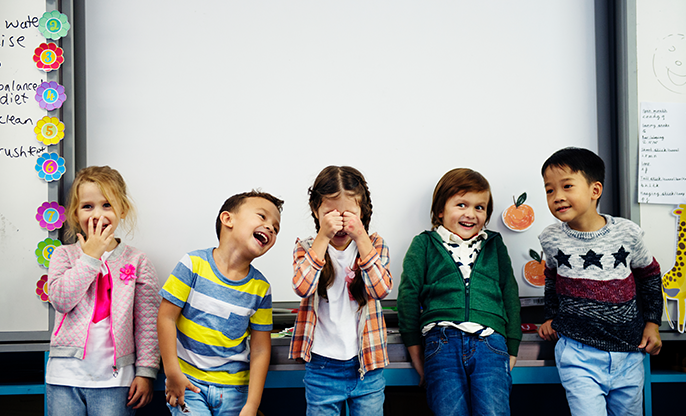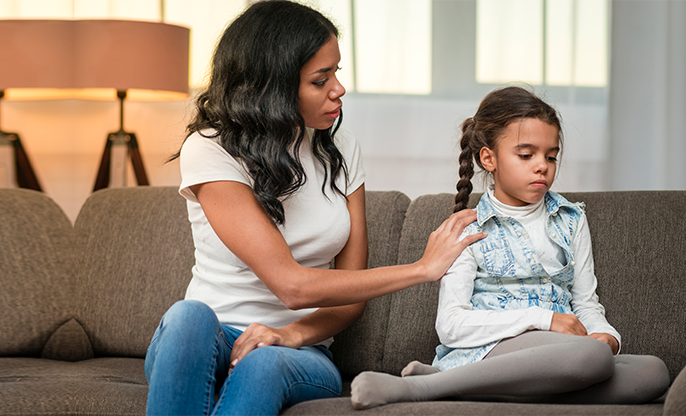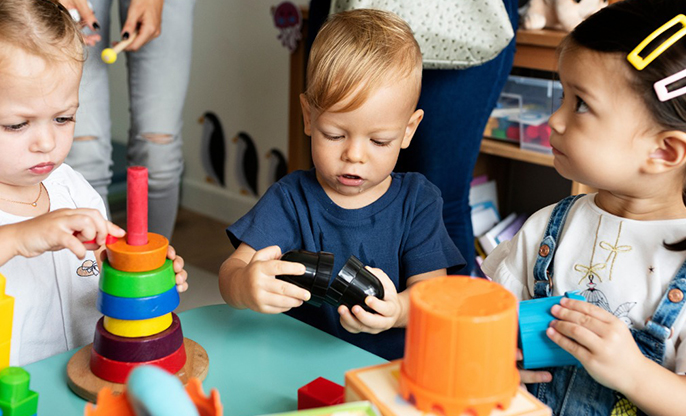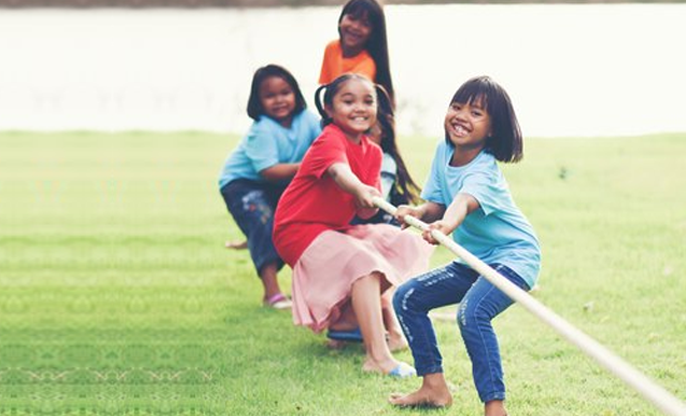
In this article you will learn about:
How children grow
How children think, learn and feel
Imagine being a child again. What would that be like? For most of us, it would be a time of innocence and exploration. A time when the world was new, and we were learning about it for the first time. In this article, we'll take a closer look at how children grow.
How Children Grow
During the earliest stages of life, babies are hardwired for growth. They constantly grow and change as their little muscles, bones, and organs develop. There are three main areas of physical development that you should be aware of:
Growth spurts: This is when height and weight grow rapidly.
Motor skills: As babies learn to move, they'll develop new motor skills that help them explore their environment.
Physical changes: from losing baby teeth to gaining muscle mass. It's all a part of the natural process of growing up.
How Children Think
This involves their ability to understand the world around them, learn from their experiences, and develop reasoning skills. There are different stages of cognitive development, and each is an important step in a child's journey to becoming a rational thinker. During the earliest stage (birth to about 2 years old), children are just starting to develop their understanding of the world. They learn by observing and copying what they see.
How Children Learn
The third area of child development is social development where kids learn to interact with other people. Babies start by watching the people around them and copying what they do. As they get older, they learn to play with other children. They learn how to share, take turns, cooperate and resolve conflicts through play. Indeed, children learn best through play.
How Children Feel
As children progress through the different stages of their young lives, they also learn to understand and manage their emotions. As you look back to your childhood, it's no surprise that kids are complex creatures who experience a wide range of emotions.
The most significant thing in emotional development is forming a strong parent-child bond. When kids feel secure and loved, they are more likely to take risks, explore and be open to trying new things. A strong parent-child relationship is also key for teaching healthy ways to handle stress and difficult emotions such as anger or anxiety.
